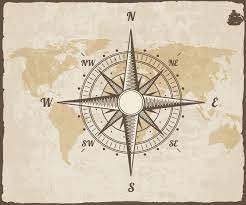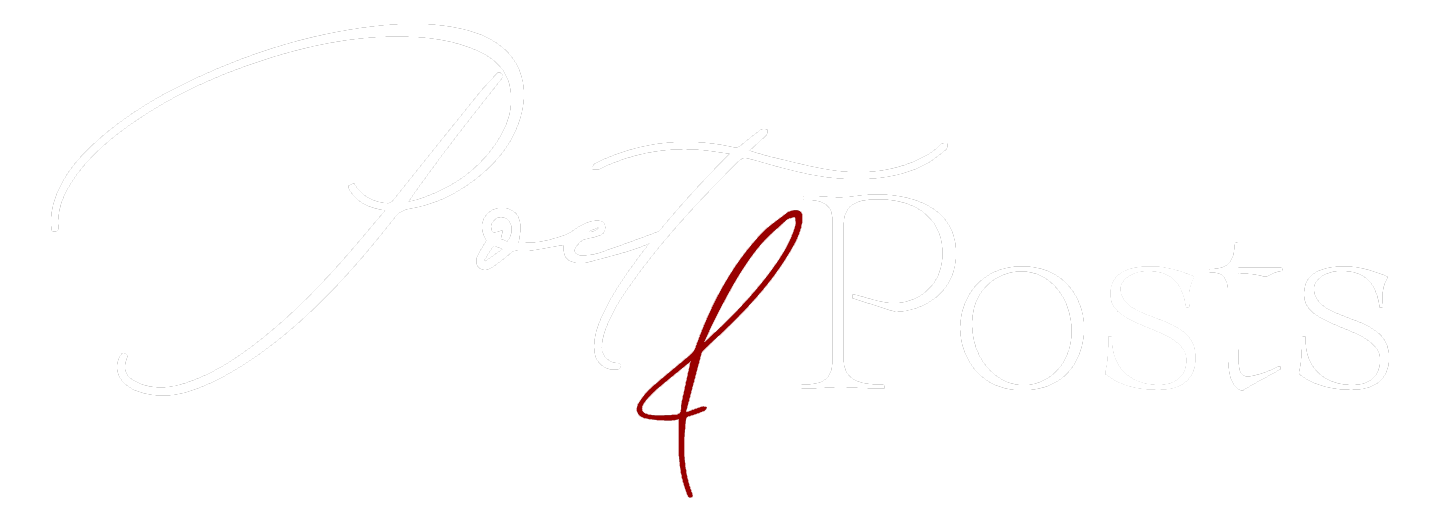
Imagine you’re in a group of people orienteering through thick bushland.
Everyone has an internal compass hardwired into them.
It’s assumed that everyone’s compass points north.
Only unbeknownst to you your compass points slightly off north, maybe to Noreast or Norwest.
To begin with you don’t realise you’re not on track.
After some time you get the sense that your not.
You realise you’re not keeping up the pace with the front group. You realise people are irritated by your lack of direction. You realise you may well get left behind if you don’t do something about it.
To allow for this you learn by guesswork and instinct to read your compass relative to others so that you allow for the directional discrepancy.
Using other people’s north as your guide, you translate your norwest or noreast to their north.
If there is no other compass around to read, you may well just stop and sit still until another north reading compass passes by you on their way thru the bush so that you can pickup their direction and follow them.
Left to your own devices your compass often leads you astray and you must rely on everything instinctive, other than the compass, to point you in the right direction. Usually this involves retracing your steps and visualising paths already negotiated to anticipate likely avenues to north.
You have a sense that you could very easily end up eternally lost one day if you were to rely solely on your own compass.
Over time you become a master at locking on to other people’s compasses, but all the while having to do it by reading them relative to your own and this makes for a Pandora’s box of margins of error as the difference between your compass and theirs makes for potential misinterpretations of co-ordinates a mile wide.
Occasionally somebody recognises that your compass is askew, but instead of being critical of your slow pace and crooked path they meet you half way and allow time for you to adjust your compass to theirs. This makes for very easy navigation and temporarily a wonderful journey.
Sometimes you meet someone whose compass is also a bit dodgy, and although your paths may not run parallel, just the knowing of them and their journey is easy because they understand the challenge of having to adjust to face north.
But always you must come back to practising your adjustment to ensure you avoid the cliff edge and the abyss of misdirection and its consequence – being lost in the suspended animation of no direction, no path and no idea why you’re travelling if you don’t know where you’re supposed to be going.
Sometimes, when you follow your own compass without adjustment you are led to discover “path’s less travelled”, some beautiful hidden secret places, some dark and foreboding. These are restful, if sometimes lonely, alcoves in the bushland and soon enough you have to double back and try to catch up with the main group.
For the most part though, except when you are discovering previously hidden treasures on “path’s less travelled” or being supported by passing compasses who stop to help, you just wish you had a north facing compass.
Maybe most people feel the same way?


